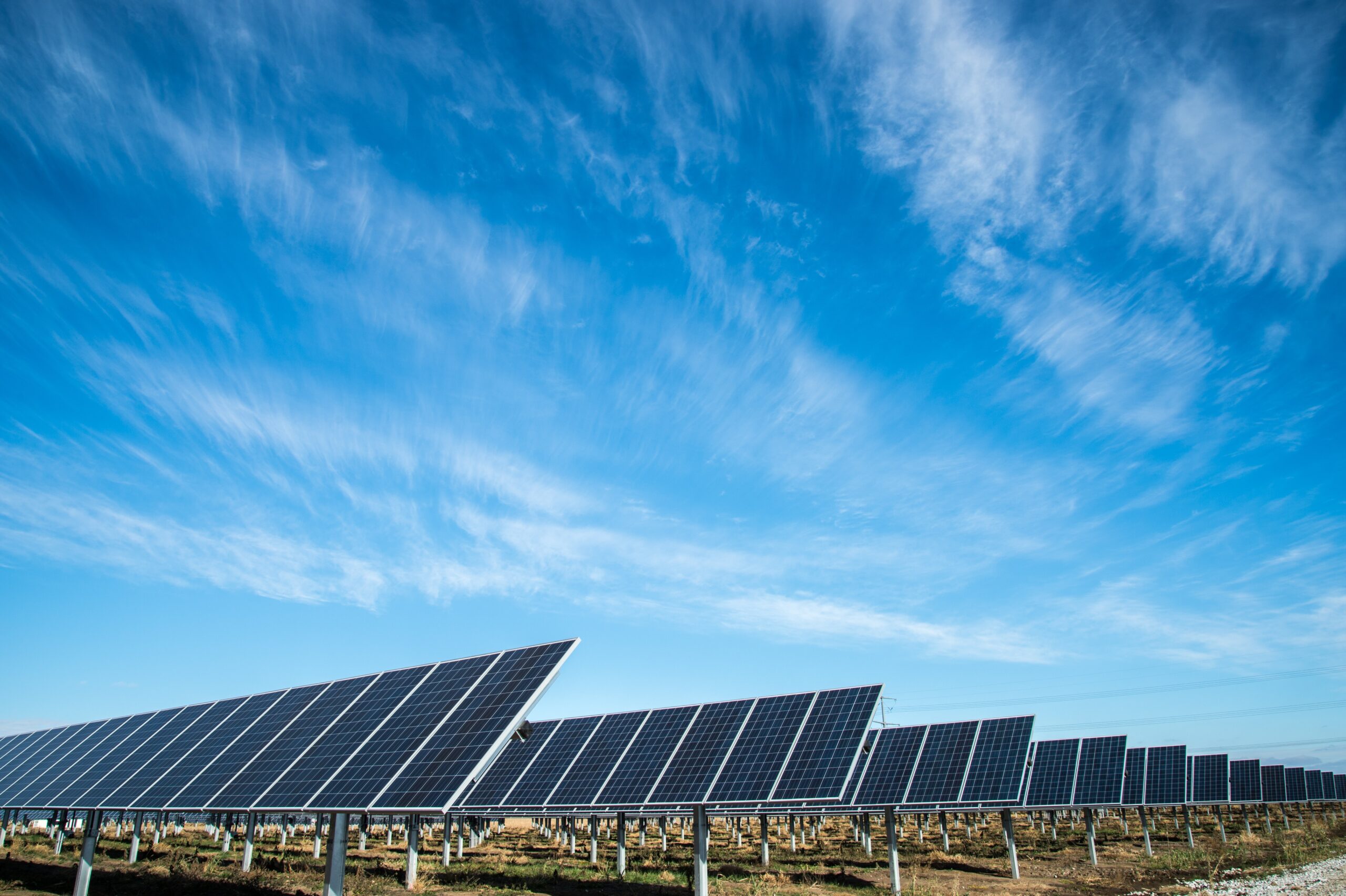Harnessing the power of the sun is becoming increasingly popular as a way to generate clean, renewable energy. With the right solar energy system, homeowners and businesses can reduce their reliance on fossil fuels and help protect the environment. This guide provides an overview of solar energy systems and their benefits.
Understanding the Benefits and Components of a Solar Energy System for Your Home or Business
Solar energy has become an increasingly popular alternative to traditional energy sources in recent years. As concerns over climate change and environmental sustainability have grown, more and more people are looking for ways to reduce their carbon footprint and adopt a cleaner, more renewable energy source. Solar energy is one such solution, harnessing the power of the sun to produce electricity and heat.
In this article, we will provide an overview of solar energy systems, including their benefits, components, and how they work. By the end, you’ll have a better understanding of how a solar energy system can be used to power your home or business.
The Advantages of Solar Energy
Solar energy has various and well-documented advantages. The major advantage is that solar energy is renewable, which means it may be used continuously without diminishing finite resources. Furthermore, because solar energy emits no pollutants, it is a clean and environmentally beneficial alternative to existing energy sources.

Another advantage of solar energy is that it can help you save money on your energy costs. Once installed, a solar energy system can drastically reduce or even eliminate your dependency on the grid, resulting in cheaper energy bills and the possibility of receiving credits for extra energy produced.
Finally, solar energy systems require little upkeep and have a long lifespan, frequently lasting 25 years or more. This implies that once you make the initial investment, you will be able to enjoy clean, renewable energy for many years.
Solar Energy System Components
A solar energy system consists of numerous components that work together to gather and convert the sun’s energy into useful power or heat. These elements are as follows:
- Solar Panels: The most apparent component of a solar energy system, solar panels are photovoltaic cell panels that absorb sunlight and convert it to direct current power (DC).
- Inverter: The inverter converts the direct current (DC) electricity generated by the solar panels into alternating current (AC) electricity that may be used to power your house or company.
- A battery is an optional component that stores excess energy generated by solar panels for future use. This is particularly beneficial when the sun isn’t shining or for off-grid applications.
- The charge controller regulates the flow of electricity from the solar panels to the battery, preventing overcharging or battery damage.
The Operation of a Solar Energy System
A solar energy system generates electricity or heat by harnessing the power of the sun. When sunlight strikes the solar panels, photovoltaic cells absorb it and convert it to direct current power. The inverter receives the electricity and transforms it into alternating current (AC), which can power your house or company.

If a battery is included in the system, it can store the extra energy generated by the solar panels for later use. Alternatively, if the system is connected to the grid, individuals can sell the excess energy back to the grid in exchange for credit.
Is Solar Energy a Good Fit for You?
There are various aspects to consider before purchasing a solar energy system for your house or company. These factors include your location, available sunlight, and energy requirements. Solar energy systems are most effective in places with high energy costs and abundant sunlight, making them a great choice for many homes and companies in the United States.
Furthermore, depending on the size and complexity of the system, solar energy systems demand a large upfront investment. Many homeowners and companies, however, discover that the long-term savings and environmental benefits surpass the initial investment.
To summarize
Solar energy systems are an environmentally friendly, sustainable, and cost-effective alternative to existing energy sources. Solar systems reduce dependency on the grid, lower energy costs, and carbon footprint by capturing the sun’s power.
If you’re thinking about installing a solar energy system, do your homework and find a trustworthy installer who can help you design and install a system that suits your energy needs and budget. With the appropriate system in place, you may enjoy clean, renewable energy for many years while also helping to safeguard the environment for future generations.
Furthermore, as technology advances, solar energy systems become more efficient and cost-effective. This implies that the cost of installation is lowering, making this sustainable energy source more accessible to individuals and businesses.
Another benefit of solar energy is its adaptability. Solar panels on rooftops, parking structures, or open fields generate electricity and are attractive options for urban and rural areas. Adjusting solar energy systems to match energy needs provides a flexible solution for achieving independence in homes or businesses.
It’s also important to note that solar energy systems have a minimal impact on the environment. Unlike traditional energy sources, solar energy does not produce harmful emissions that contribute to climate change or air pollution. By switching to solar energy, you can reduce your carbon footprint and help protect the environment for future generations.
In conclusion, a solar energy system offers numerous benefits, including renewable energy, cost savings, and environmental sustainability. By understanding the components of a solar energy system and how it works, you can make an informed decision about whether it’s the right choice for your home or business. With the right system in place, you can enjoy clean, renewable energy and do your part to protect the planet for future generations.
As we move towards a more sustainable future, solar energy will play an increasingly important role in our energy mix. We can lessen our reliance on fossil fuels and progress toward a more sustainable future by utilizing this clean, renewable energy source. Solar energy, when properly installed, may provide a dependable and cost-effective source of electricity and heat for many years. So, why not consider switching to solar energy today and contributing to a brighter future for ourselves and future generations?
